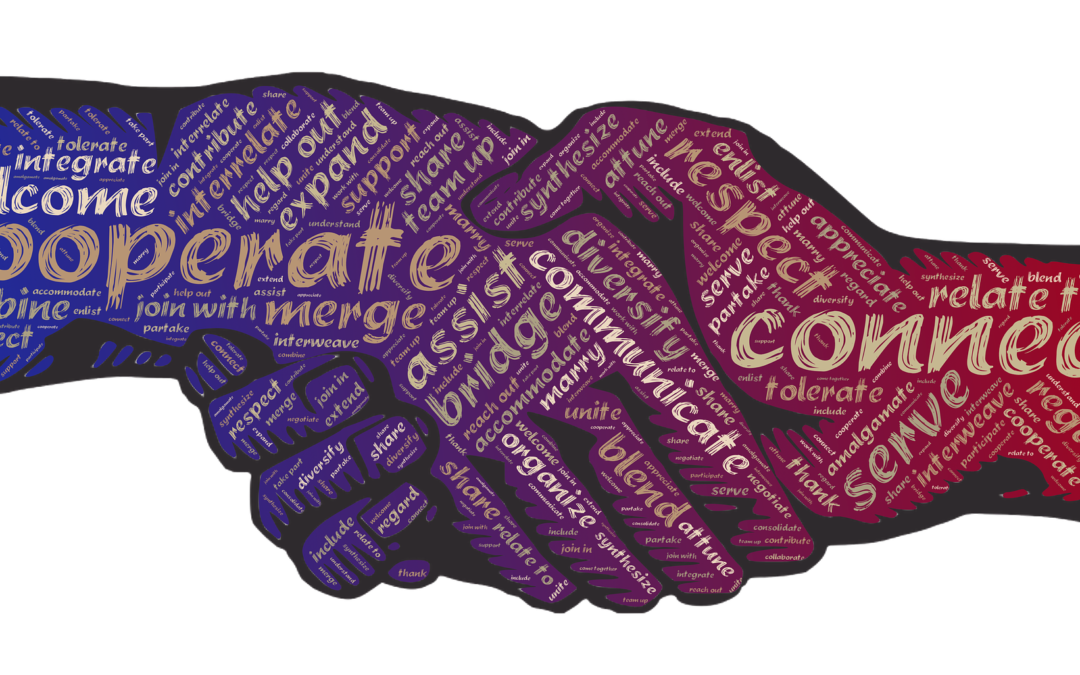Advocacy can be defined as any activity by an individual or group that aims to influence political, economic, social and institutional decisions. Another definition describes advocacy as the act of pleading for, supporting, or recommending. Advocacy in all its forms seeks to ensure people have their voices heard on issues that are important to them. Advocacy affords people the opportunity to have their views and wishes considered when decisions are being made about their lives. Advocacy can mean many things, but in
The ability to understand and communicate your needs and wants to others is a skill all people need. Advocacy is important, especially in our highly politicized world, for many reasons. We’ve highlighted just a few below:
1. Advocacy helps to improve government services. In this type of advocacy (as in most governmental advocacy), it is a system that is being challenged or advocated for, rather than an individual. In this type of challenge, the goal is to change policy and practice at a certain governmental level, whether local, national or international. When advocating on a system level, the desired result of many grassroots efforts is to improve public services and or improve existing legislation to benefit an individual.
2. Holding elected officials accountable. Advocacy is also important because of its ability to draw attention to issues. When there are dedicated advocates who take the time to fully understand the issues, they are able to then inform the public. With this information, the public is able to make informed decisions and communicate their views to their elected representatives, who are obligated to represent their constituents. This results in the development of accountability and transparency in government as well as in public services and many other institutions.
3. To mobilize communities. Mobilization means the inclusion of others in the advocacy efforts in a way that they support the issue and take actions toward a common goal. Mobilization works by expanding the base of support beyond those who may be directly impacted by convincing others that the issue affects them as well. The rise in public awareness of a particular issue that may be promoted through advocacy is what can eventually lead to a change in public opinion that results in social change.
4. To give a voice to the voiceless. Most advocacy refers to the governmental level of advocacy, which is commonly referred to as lobbying, however, there is another form known as individual advocacy. Individual advocacy works to solely seek an outcome that is in the best interest of an individual. Examples


